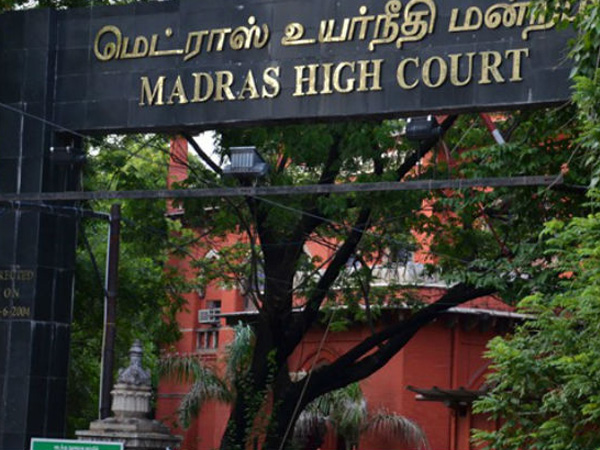The Madras High Court in the case S Lawrence Vimalraj v. The Registrar (Judicial) and others observed that conferring the status of Senior Advocate on an Advocate is a privilege and not a post, the court dismissed the plea seeking for reservation of women in designation of Senior Advocate. The court stated that conferring the status of Senior Advocate on a Advocate qua Section 16 of ‘The Advocates Act, 1961 (25 of 1961)’ is clearly a privilege and is not a post. Thus, any prayer made for reservation is misplaced. The bench comprising of Justice M Sundar and Justice N Satish Kumar observed while hearing a petition by S Lawrence Vimalraj, wherein seeking equal numbers or 30% of reservation for women advocates in the conferment of the designation of Senior Advocates. The court while dismissing the petition stated that the petitioner does not have any locus standi to go forward with the petition as he is neither an applicant nor an aggrieved person whose rights have been affected. The court stated that there can be no two opinion that the writ petitioner has no locus qua captioned writ petition as he not being an applicant and a positive averment has been made by him that was captioned writ petition is not a Public Interest Litigation. It has also been noted by the court that only nine were women candidates out of the 161 candidates who had applied for the designation of Senior Advocate. On the other hand, out of this, only 7 candidates had appeared before the Permanent Committee. However, the court observed that when there are only 7 women candidates out of total 161 candidates, even on a demurrer the plea for 50% or at least 1/3 rd reservation for women has no legs to stand off. It has also been stated by the court that as per the rules, all the nine women candidates submitted their papers as per Rules and this means that they have accepted to go off by said Rules which does not provide for reservation of any kind. Therefore, it has been stated by the court that the argument qua reservation is clearly a non starter. It has also been stated by the court that the decision of the apex court in the case Indira Jaising Vs. Supreme Court of India, wherein it does not suggest any reservation and this by itself takes the wind out of the sails qua reservation argument. The bench headed by Justice N Satish Kumar observed in a separate but concurring judgement that designating an Advocate as a Senior Advocate is a matter of honour and privilege conferred upon a Member of the Bar. Further, the bench headed by Justice Kumar that such privilege and honour cannot be based on reservation. The same must purely be based upon the merit cum ability and the successful career of the Member of the Bar irrespective of the gender. Accordingly, it has been clearly stated under Section 16(2) of the Advocates Act clearly emphasis, firstly, that it is a distinction conferred and not something that comes about automatically upon achieving known or predetermined standards. Thus, it being the privilege of the court considering ability and standing at the Bar or special knowledge or experience in law. Thus, the same being a subjective decision though based on objective considerations.

















